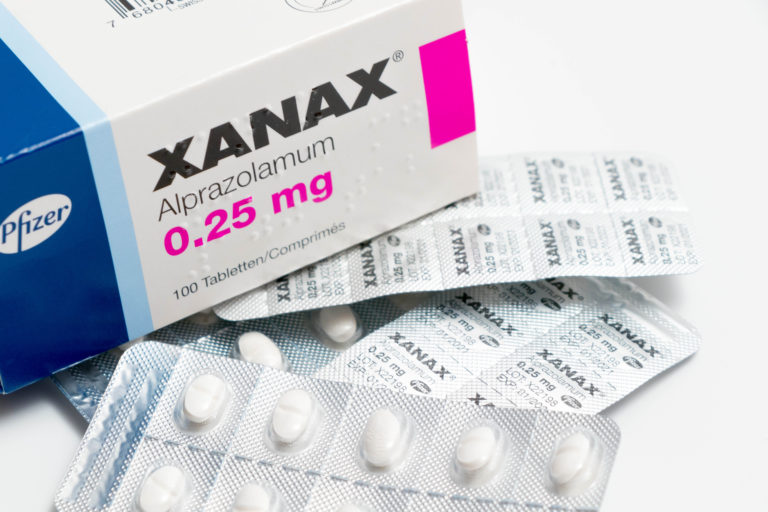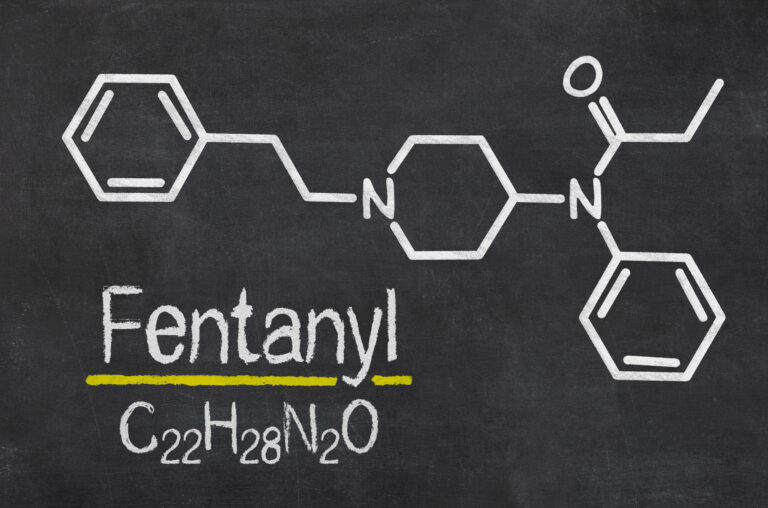Did you know that four out of every 100,000 Americans die of a heroin overdose each year? Unfortunately, that number continues rising as this dangerous, highly addictive substance becomes more available.
If you’ve noticed a change in your loved one’s behavior or appearance, they may be struggling with opioid addiction.
The first step toward finding help for your loved one is identifying heroin addict symptoms. Once you know that your friend or family member has a problem, you can pursue the right support, including opiate detox at our Ventura County substance abuse treatment center.
We’ve created this guide to help compassionate friends and family members learn what to look for. It’s never too late to seek help. Read on to learn the telltale signs of heroin addictions.
Changes in Work or School Performance
When friends and family members have concerns about a loved one, we encourage them to begin by searching for “soft signs” that they are struggling. Heroin addicts often openly admit to losing interest in work or school, and many will not deny that their performance is slipping. As a concerned friend, you can often leverage this information when encouraging them to get help.
Changes in Physical Appearance
It’s common for a heroin addict to neglect or change their appearance as they become more dependent on the drug. They will often begin to lose interest in grooming and personal hygiene practices. Addicted individuals may wear the same clothes for days at a time, favoring long pants and shirts regardless of the weather.
You might also notice sudden, severe weight loss. Heroin addicts often develop scabs or bruises as a result of skin picking. You might also see scars or track marks on your friend’s skin.
When you suspect your friend is under the influence, look for constricted pupils and flushed skin.
Changes in Mood or Behavior
The first clue that a friend is struggling with heroin addiction is often a change in your relationship. Do they seem secretive about their plans? Are they defensive when asked a question about their company or whereabouts?
Common behavioral signs of heroin addiction include:
- Depression
- Euphoric behavior
- Anxiety
- Mood swings
- Irritability
- Agitation
- Increased hostility
- Mood swings
- Hyperactivity followed by exhaustion
- Apathy
- Low motivation
Some symptoms of heroin use can be more extreme. These might include delusions, hallucinations, disorientation, and paranoid behavior. If you suspect your friend may be a danger to themselves or others, seek professional assistance immediately.
New or Worsening Issues With Money
The more dependent your friend becomes on substances, the more they’ll need to achieve the same effect. Paired with issues at work, heroin addiction can become a costly habit.
Pay attention to changes in your friend’s social and home life. Are they avoiding activities that cost money, such as going out to eat with friends? Do they have groceries, gas, or money for public transportation?
If your friend becomes desperate, they may begin asking to borrow money. They might assure you they plan to use it for necessities such as food, bills, or transportation. If you lend them the money, you might notice that their situation goes unchanged.
Drug Paraphernalia
One of the most telling signs that someone is struggling with heroin addiction is the presence of drug paraphernalia in their personal space. The specific evidence depends on the way your friend is using the drug.
If your friend is smoking, you might notice the presence of glass pipes. Some heroin users make their own pipes out of tin foil.
Individuals who inject heroin may collect syringes, needles, tubing, and cotton balls. You might also notice supplies for cooking the heroin, such as scales and burnt metal spoons.
Other evidence of heroin use includes empty ziplock bags or brown packaging paper.
New Medical Issues
If your friend is experiencing a new medical issue in addition to the above, the medical problem may be a heroin addict symptom. Many side effects of heroin use mimic (or even cause) chest or respiratory infections. You might notice persistent dry mouth and shortness of breath.
Heroin addiction can also cause a hard-to-ignore itching sensation.
Sometimes, malnutrition caused by financial strain can lead to overall poor health. Your friend may experience fatigue or even exhaustion. Pay attention to serve changes in sleeping habits, including insomnia.
A common physical symptom of heroin use is “the nod.” Your loved one might seem to fall asleep or briefly lose consciousness in the middle of a conversation.
Withdrawal Symptoms
Medical symptoms will become even more prevalent if your friend is in withdrawal or attempting to detox at home. These symptoms frequently mimic the flu.
Symptoms might include:
- Fever
- Sweating
- Vomiting
- Diarrhea
- Cramping
- Muscle aches
- Joint pain
- Runny nose
Many of these symptoms can lead to dehydration if left untreated, which can cause or trigger severe, life-threatening symptoms. If you suspect your friend is struggling with withdrawal, it may be a medical emergency. Encourage your friend to pursue medically supervised detox, if possible.
Identify Heroin Addict Symptoms and Get Help Today
It can be terrifying to watch a loved one change before your eyes. If you’ve noticed the above heroin addict symptoms in a friend or family member, it’s time to get help. Detox and rehabilitation are the first steps toward helping a struggling individual lead a healthy, sober life.
If you’re in Ventura County, California, your recovery journey can begin at the ultra-modern, luxurious Altitude Recovery Community. Our experienced, compassionate staff will support you through your detox and recovery. Get in touch today to start building your customized sobriety plan.




